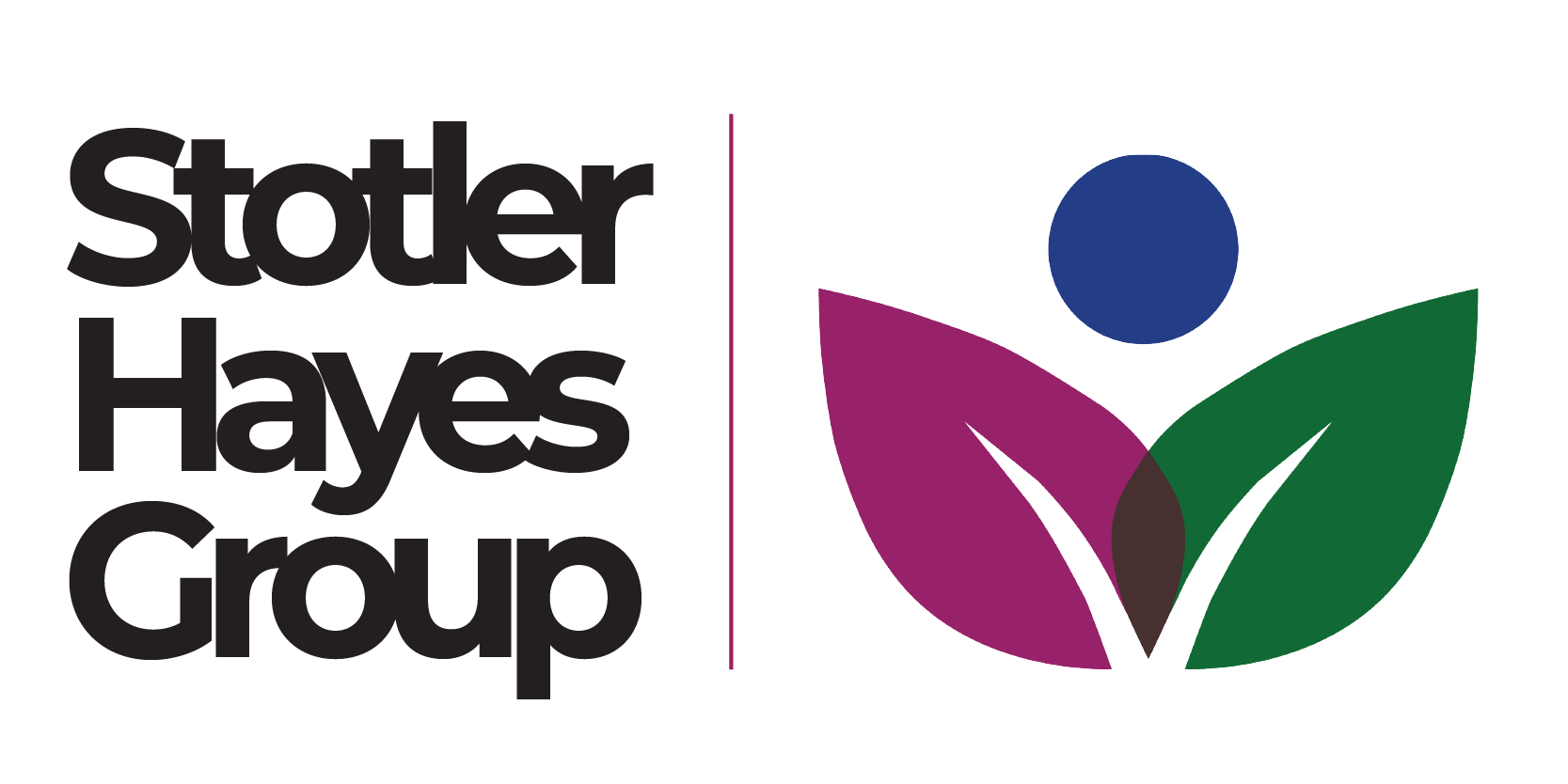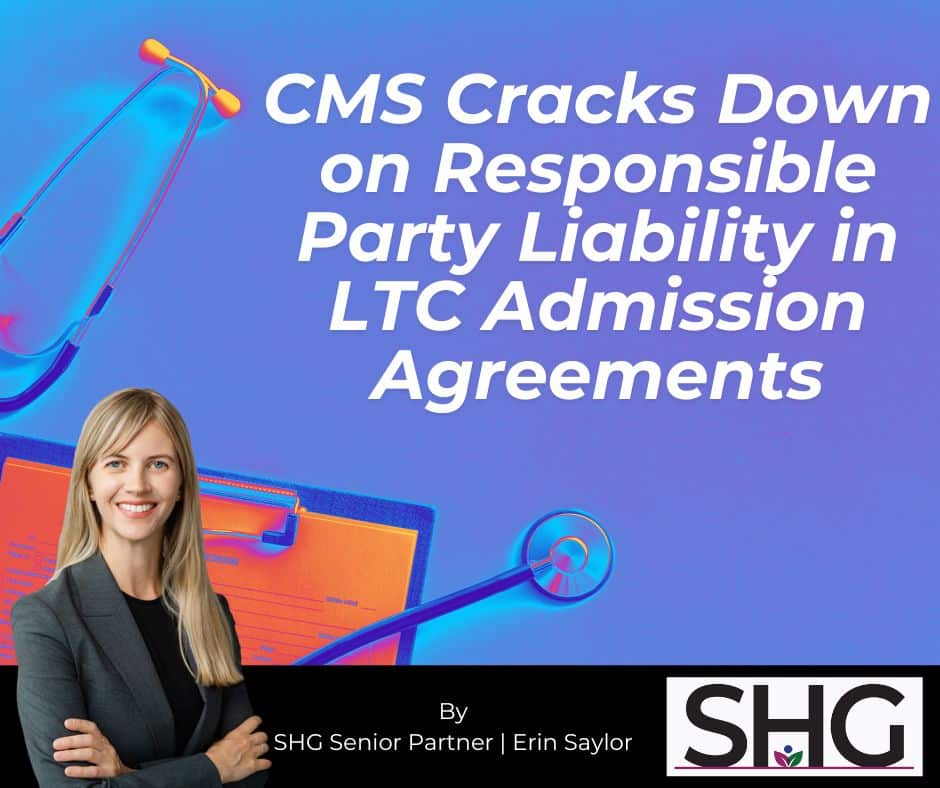A report released this past February by the Office of Inspector General (OIG) for the Department of Health and Human Services revealed that during 2013 – 2015, the Center for Medicare and Medicaid Services (CMS) improperly paid an estimated $84 million for Skilled Nursing Facility (SNF) services that did not meet Medicare’s 3-day rule. The OIG report included four recommendations on how CMS could remedy the issue, two of which CMS agreed to implement, and neither of which require any immediate action by providers. A full copy of the OIG report can be found here.
Section 1861(i) of the Social Security Act and Medicare regulations stipulate that Medicare will only cover SNF Extended Care services after a beneficiary has been a hospital inpatient “for at least three consecutive calendar days,” including the date of hospital admission, but not the date of discharge. See 42 CFR § 409.30. This also does not include any days spent in the ER or under observation status. The 3-day rule represents a significant financial risk for SNFs because claims “denied because a SNF stay was not preceded by a 3-day qualifying inpatient hospital stay” will not be paid under the Medicare “limitation on liability provision.” This means that claims denied for failure to meet the 3-day rule will not be paid by Medicare, and residents will be responsible for the costs of their stay. See 42 CFR § 411.400, see also CMS Medicare Claims Processing Manual, Pub. No. 100-04, chapter 30, § 20.2.2.
The OIG report attributed the 3-day rule overpayments to “the absence of a coordinated notification mechanism among the hospitals, beneficiaries, and SNFs.” The OIG specifically noted that hospitals often did not provide SNFs with correct information on the duration of patients’ inpatient stays, and SNFs reported “erroneous hospital stay information” on their claims because they “used a combination of inpatient and non-inpatient hospital days to determine whether the 3-day rule was met.”
The “coordinated notification mechanism” recommended by the OIG, and rejected by CMS, was meant to improve the communication of admissions information between hospitals, Medicare beneficiaries, and SNFs. The goal was to make sure Medicare beneficiaries were properly informed of their potential financial liabilities, before they consent to a SNF admission. However, even though CMS rejected the recommendations, SNFs should still consider ways to better communicate with hospitals and potential residents in order to avoid the denial of 3-day rule claims. The full OIG recommendations were that CMS:
- require hospitals to provide beneficiaries and SNFs with any written notification explicitly stating the dates of the inpatient hospital stay;
- specify the information SNFs must use and retain to verify that their Medicare claims are for services that meet the 3-day rule; or
- require SNFs to provide written notice to beneficiaries if Medicare is expected to deny payment for the SNF stay when the 3-day rule is not met.
In response to the OIG report and its recommendation that CMS educate providers about how to best verify and document 3-day stays, CMS released a new “Skilled Nursing Facility 3-day Rule Billing Fact Sheet” that can be found here. This tool includes a thorough review of the 3-day rule requirements and a comprehensive set of tools and resources that SNFs can use to help ensure they are properly verifying and documenting the 3-day rule requirements before submitting claims






